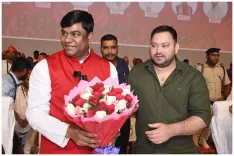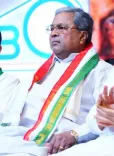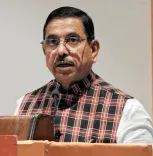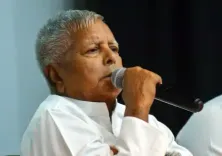Is Kharge's Advocacy for Caste Census the Key to Broader Implementation Across States?
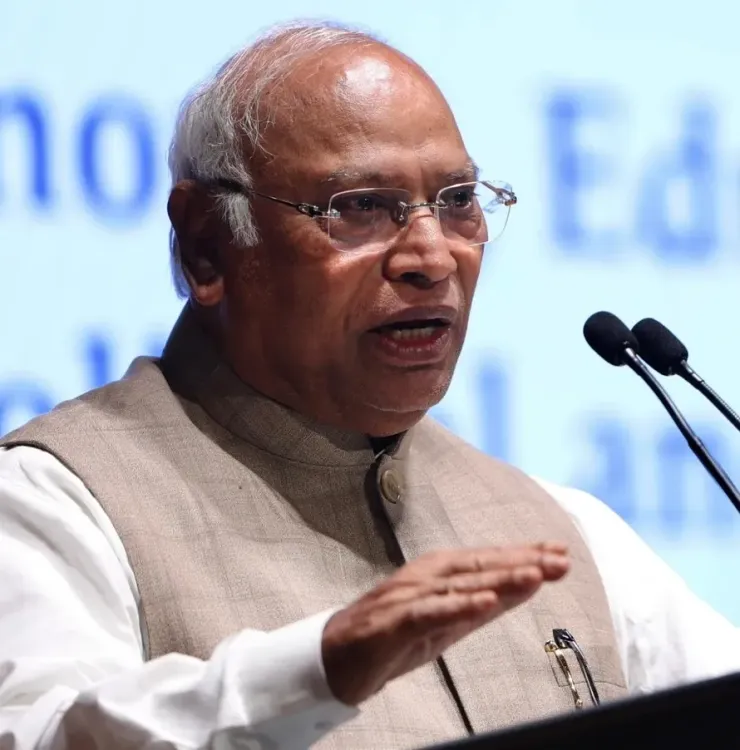
Synopsis
Key Takeaways
- Mallikarjun Kharge emphasizes the need for caste-based data collection.
- The Telangana caste census is hailed as a significant success.
- Kharge believes in the potential to exceed a 50% vote threshold with united marginalized communities.
- Equitable education and social empowerment are critical for community development.
- Critics call for scrutiny of the caste census methodology and its implications.
New Delhi, July 24 (NationPress) Congress president Mallikarjun Kharge on Thursday reiterated the Congress party's dedication to the collection of caste-based data, commending the Telangana caste census as a "remarkable success" and calling on other states to follow suit.
In a comprehensive statement on the social media platform X, Kharge framed this initiative as essential for ensuring representation and equity for Scheduled Castes (SC), Scheduled Tribes (ST), Other Backward Classes (OBC), and minorities. He asserted that if socially and politically marginalized communities unite with Congress, the party could exceed the 50 percent vote threshold.
He attributed the increased discussion surrounding backward class participation to the Leader of the Opposition (LoP) in Lok Sabha, Rahul Gandhi’s Bharat Jodo Yatra — a 3,500-km journey from Kanyakumari to Kashmir.
“No other leader can achieve such work,” Kharge noted, emphasizing LoP Rahul Gandhi’s unwavering advocacy for the rights of SCs, STs, and OBCs.
The Congress leader argued that the caste census does not disadvantage any group, pointing out that India's existing 50 percent reservation cap has already been exceeded with an additional 10 percent reservation for Economically Weaker Sections (EWS).
“This indicates that no injustice is done to anyone,” he asserted, positioning caste enumeration as a means of guaranteeing rightful access and inclusion.
Highlighting the connection between development and social empowerment, Kharge stressed the necessity for economic strength, human strength, and mental strength within communities.
He also advocated for equitable English education, criticizing what he termed the selective privilege of RSS-BJP leaders, who “pay lakhs of rupees” for their children's education while denying access to the underprivileged.
“If the government educates the children of the poor with public funds, then what is the harm?” he queried.
Kharge's remarks arrive amid renewed demands for a nationwide caste census, a politically sensitive topic that is likely to influence electoral discussions leading up to the next Lok Sabha elections.
While regional initiatives like Telangana’s have received acclaim from various civil society sectors, critics contend that the methodology, legality, and potential consequences on reservation policy require closer examination.

